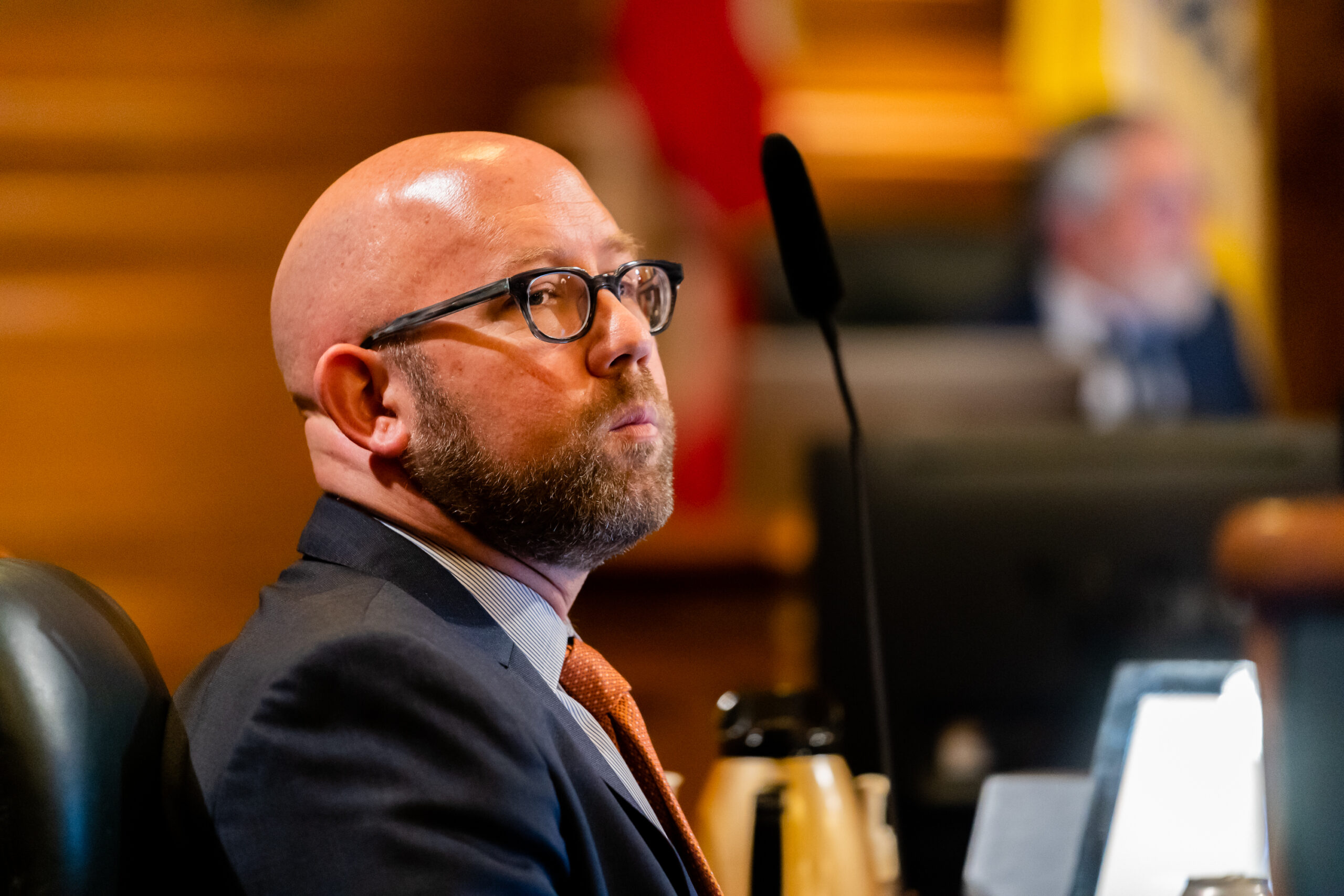The standoff between San Francisco and California’s housing development agency continued Monday, as lawmakers navigated a complex procedural gambit to pass legislation to comply with state housing mandates by a second deadline or face consequences from Sacramento.
The Constraints Reduction Ordinance, intended to eliminate neighborhood notifications and other forms of discretionary review, had undergone multiple changes in committee—against advice from the California Department of Housing and Community Development.
That agency gave a Nov. 24 deadline for passing the bill to comply with a state mandate to reduce barriers to getting housing built. Now that San Francisco has missed that deadline, it’s sending the city a “Corrective Action Letter” giving it another 30 days to pass the legislation and meet other requirements before decertifying its Housing Element legislation.
Should that happen, San Francisco stands to lose certain state funds and come under the ‘builder’s remedy,’ where the city would lose zoning authority over housing development with affordable units.
At Monday’s Land Use Committee meeting, chair Supervisor Myrna Melgar presented one version of the ordinance featuring mostly previously agreed upon amendments, as well as amendments submitted by Supervisor Rafael Mandelman on the preservation of potentially historic properties. This version was forwarded to the Board of Supervisors for a vote on Tuesday.
The committee also continued another version of the bill with another amendment from Mandelman, which restricts the construction of large-floor-plan single-family homes, or “monster homes.”
Those amendments, according to sources, run the risk of scuttling the legislation in two ways. One is time. The second version could be voted on the following week. And since laws require a second reading vote to be passed, that would bring everything down to the wire.
“Years of intransigence from the Board of Supervisors mean that San Francisco has failed to approve and build housing at the rate it needs, worsening our housing shortage and homelessness crisis,” said Jane Natoli of YIMBY Action in a statement after the committee meeting. “Now, San Francisco has blown past the state deadline to make this right. This is unacceptable, and the Board of Supervisors must pass this legislation next week or the city will face real consequences.”
The second risk is that Mandelman’s amendments may not pass muster with the state.
Jake Price, San Francisco organizer at the Housing Action Coalition, said that Mandelman’s preservation amendment, which would expand review of projects involving potentially historic buildings, means that “existing historic designations are not sufficient and weaponizes conditional-use authorizations with a subjective 100-year requirement.”
Meanwhile, Mandelman’s “monster home” amendment, which was added to the second version of the bill, could be interpreted as a form of downzoning, or reducing density—which might also be rejected by the state.
“Well I certainly hope that’s not the case,” Mandelman told The Standard in a text message. “It doesn’t make a ton of sense unless [the state] is, for reasons I cannot imagine, committed to streamlining [the building of] monster homes.”
The votes on the twin bills also featured testimony from about 30 members of the public, with roughly equal numbers for and against it.
Erick Arguello, a manager at the Center for Social Justice at Glide, told supervisors that “this legislation violates the city’s legal obligation to affirmatively further fair housing and undermines dozens of equity-oriented actions already approved by the city and state in our Housing Element. … [The state] should be working with the city to prioritize housing for low and moderate incomes.”
Annie Fryman, director of special projects at the San Francisco Bay Area Planning and Urban Research Association (SPUR), told the committee that “72 hours ago, we missed our state deadline. We’re running on good faith from the state right now, but it’s running out very quickly.”
